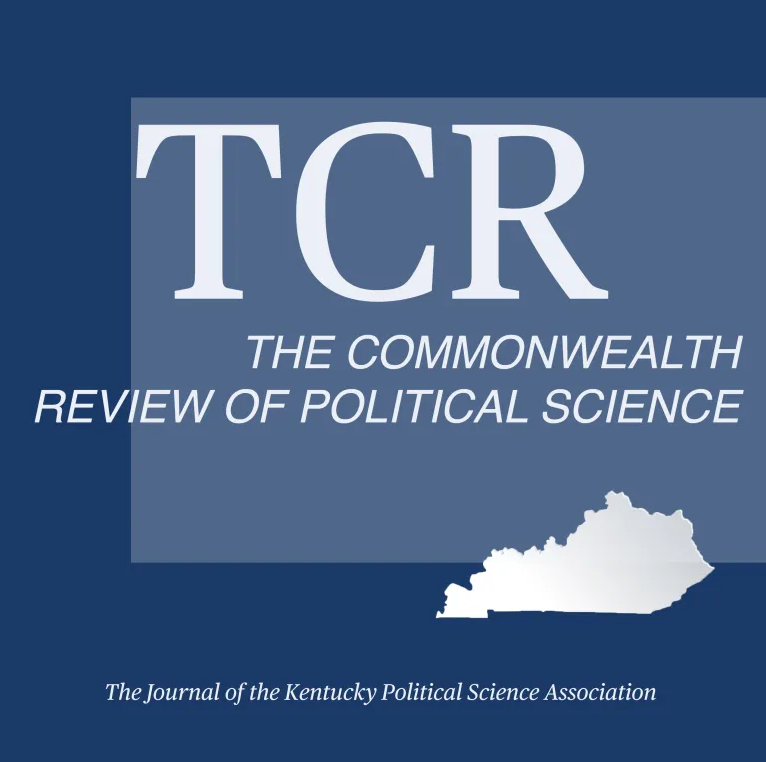Commonwealth Review of Political Science

Abstract
Decades after Kentucky abolished de jure racial distinctions in education, the state legislature asked voters to strip segregationist language from their venerable constitution. Political elites were stunned when a third of the state's voters, and majorities in five countries, rejected the change. However, the prime culprit for Kentucky's 1996 constitutional amendment vote was not white racism, because African-American voters endorsed segregation at rates similar to whites. Rather, the Kentucky vote offers a particularly clear and particularly dramatic example of the limits of ballot-box policy making. It should alert scholars that highly publicized referenda in high-profile states - the focus of much direct-democracy research - may not be representative of how direct democracy usually operates.
Recommended Citation
Voss, D. Stephen
(2017)
"The Phantom Segregationist: Kentucky's 1996 Desegregation Amendment and the Limits of Direct Democracy,"
Commonwealth Review of Political Science: Vol. 4:
No.
1, Article 2.
DOI: https://doi.org/10.61611/2994-0044.1024
Available at:
https://digitalcommons.murraystate.edu/crps/vol4/iss1/2
Included in
History Commons, Political Science Commons, Psychology Commons

